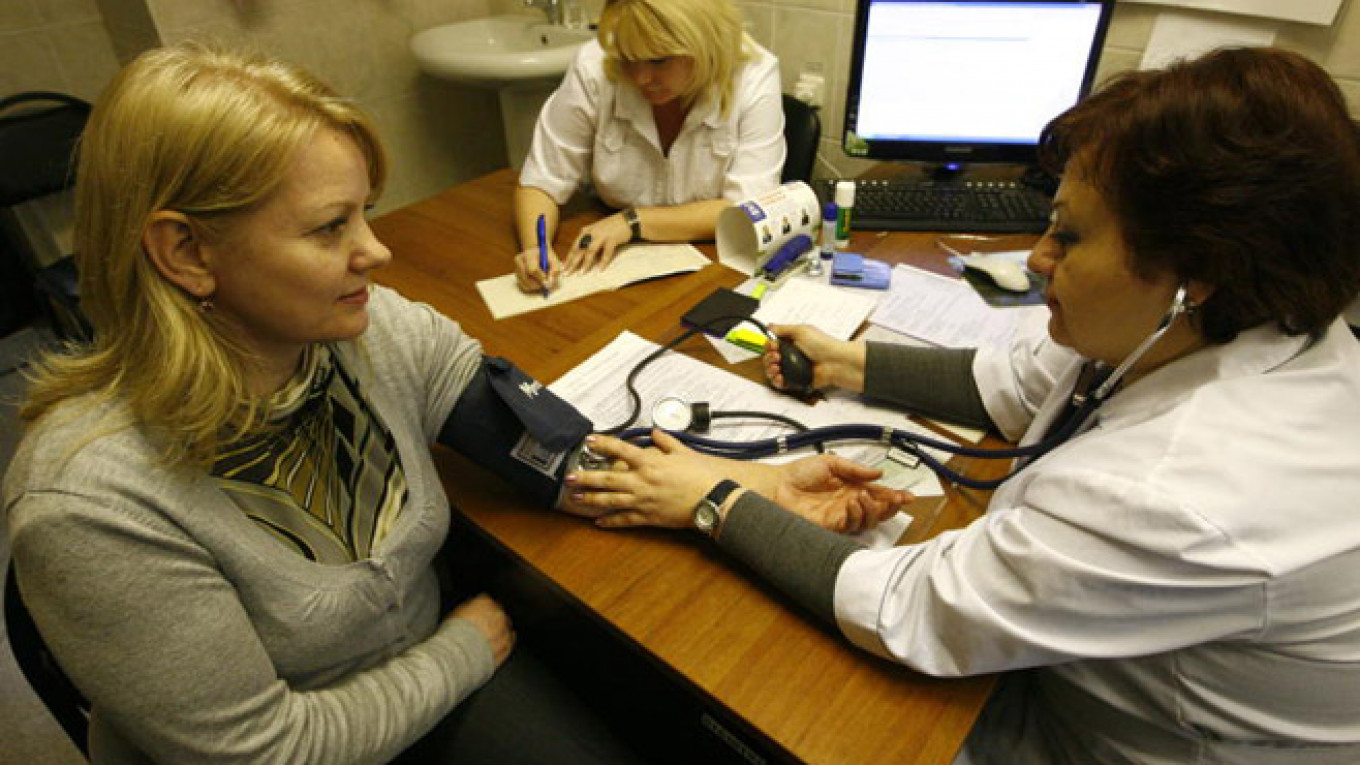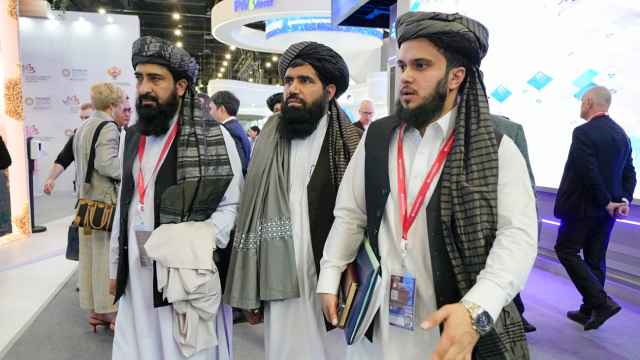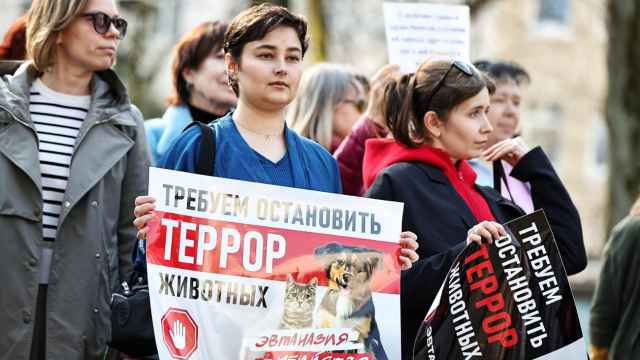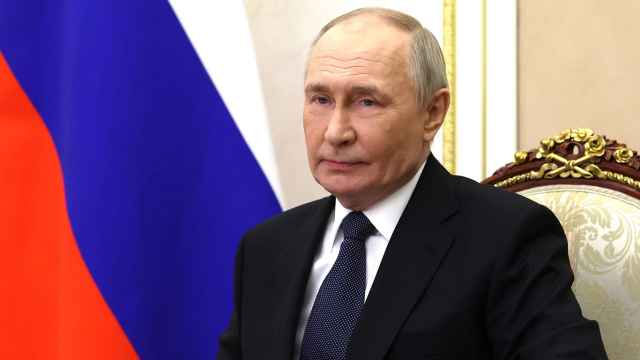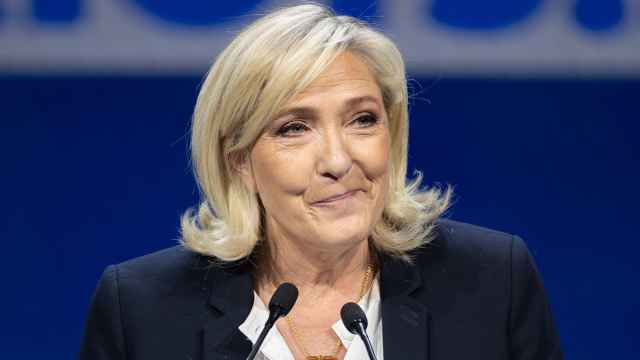Russian health charities are struggling to stay afloat as a weaker ruble raises costs and drives up the number of needy applicants looking for help outside the state's dwindling public health budget.
The cost of treatment for seriously ill patients has nearly doubled since the beginning of last year, according to the heads of charities contacted by The Moscow Times. Much of this is due to the ruble's fall, which has made foreign medical equipment, medicines and treatment more expensive, according to Lida Moniava, a manager for the hospice charity fund Vera ("Faith").
The ruble lost nearly half of its value against the U.S. dollar and one-third against the euro at the end of last year compared to the year's start, as low oil prices and Western sanctions slowed investment to a trickle.
So far, medical charity leaders are gloomy about their organizations' futures — apart from increased expenses on medical treatment, they are also facing a growing number of applicants as Russia's economic crisis slashes state medical funding.
Wheelchairs From Abroad
Most of the equipment used for treating severely ill patients is produced outside of Russia, often in the United States, European Union or other countries with strong currencies relative to the ruble.
This equipment has seen steep price rises since 2014.
Individualized wheelchairs for completely paralyzed people used to cost 250,000 rubles ($4,900) before the crisis. Now they cost 450,000 rubles ($8,800) each.
The price for an infusion pump, a device used to automatically deliver measured amounts of a drug through injection, has increased from 66,000 rubles ($1,300) to 111,000 rubles ($2,200) over the past year.
Charities are unable to cut costs by turning to domestic producers, as Russia does not make domestic analogues for many medical technologies produced abroad, especially for seriously ill children, Moniava said.
Foreign medications for serious diseases, meanwhile, were already too expensive for most Russian patients before the crisis. The ruble devaluation has made them even less affordable.
While some suppliers increased their prices only slightly with the crisis, others raised prices by up to four times at the start of this year, with prices for cancer-curing drugs particularly affected, according to Dmitry Aleshkovsky, the founder and director of Moscow's charity organization Nuzhno Pomoch ("Need Help").
Prices are likely to stay high. Many medicines used to cure serious diseases are not produced in Russia due to the difficulties of the technological process, while those few drugs produced in Russia are manufactured with the use of foreign equipment and materials, Aleshkovsky said.
Patient Numbers Growing
Meanwhile, the directors of the funds said they have experienced a dramatic growth in the number of people seeking help since the beginning of last year.
"The number of cancer patients appealing for help to our charitable foundation has increased by 100 to 150 percent," said Viktoria Agadzhanova, the executive director of charitable foundation Zhivoi ("Alive"), the only fund aimed at helping cancer-stricken adults in Moscow.
As the economy contracts, with some estimating that the Russian economy will shrink by up to 5 percent this year, both the state and its citizens are experiencing a cash crisis.
Government aid paid to the parents of sick children has fallen dramatically, with financial support for families with sick children falling by a factor of 10 in the Moscow region, according to Moniava.
"The state can't pay even for those medicines it is obliged to pay by law," Aleshkovsky said. State hospitals particularly struggle to pay for treatment for rare genetic diseases, which often require expensive treatments over a period of many years, according to Aleshkovsky.
Not Enough
But despite all their financial difficulties, charitable foundations contacted by The Moscow Times said that they do not plan on refusing to help those in need.
To cover the growing expenses, charities are looking for new ways to attract donations, as well as actively using social media and holding more charity events. The situation is aggravated, though, by the fact that the crisis has slashed the amount of corporate donations — the main source of funds for many charitable organizations.
Still, for many Russians, especially those who can only receive treatment abroad, charitable help can't come soon enough.
In September 2014, 2-year-old Yaromir Tarabukin was diagnosed with neuroblastoma, a highly aggressive malignant tumor. German doctors estimated that treatment, which would require a bone marrow treatment not available in Russia, would cost 350,000 euros ($393,000). But the 12 million rubles ($240,000) raised by the charity fund Rusfond does not fully cover the costs.
The boy's parents have had to sell their car and apartment and appeal to numerous charities around Russia to raise the needed money. But even this is not enough.
"We are sending letters to banks, shops and organizations, asking for help," said Irina Tarabukina, Yaromir's aunt.
Contact the author at bizreporter@imedia.ru
A Message from The Moscow Times:
Dear readers,
We are facing unprecedented challenges. Russia's Prosecutor General's Office has designated The Moscow Times as an "undesirable" organization, criminalizing our work and putting our staff at risk of prosecution. This follows our earlier unjust labeling as a "foreign agent."
These actions are direct attempts to silence independent journalism in Russia. The authorities claim our work "discredits the decisions of the Russian leadership." We see things differently: we strive to provide accurate, unbiased reporting on Russia.
We, the journalists of The Moscow Times, refuse to be silenced. But to continue our work, we need your help.
Your support, no matter how small, makes a world of difference. If you can, please support us monthly starting from just $2. It's quick to set up, and every contribution makes a significant impact.
By supporting The Moscow Times, you're defending open, independent journalism in the face of repression. Thank you for standing with us.
Remind me later.


